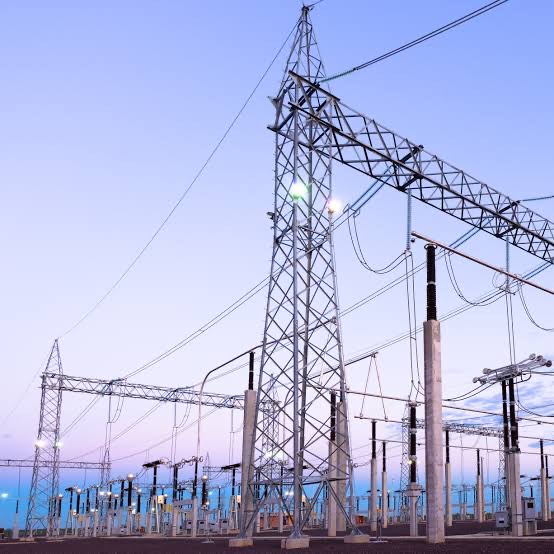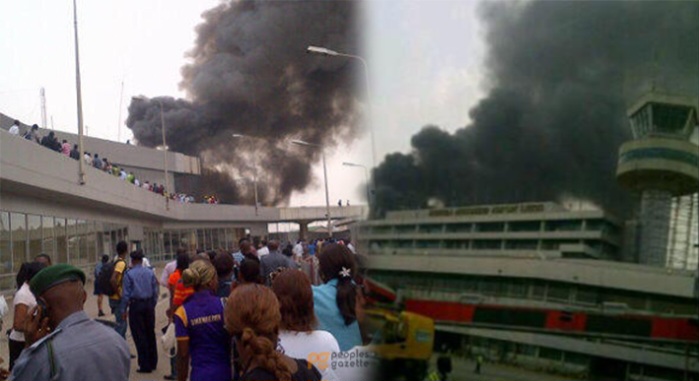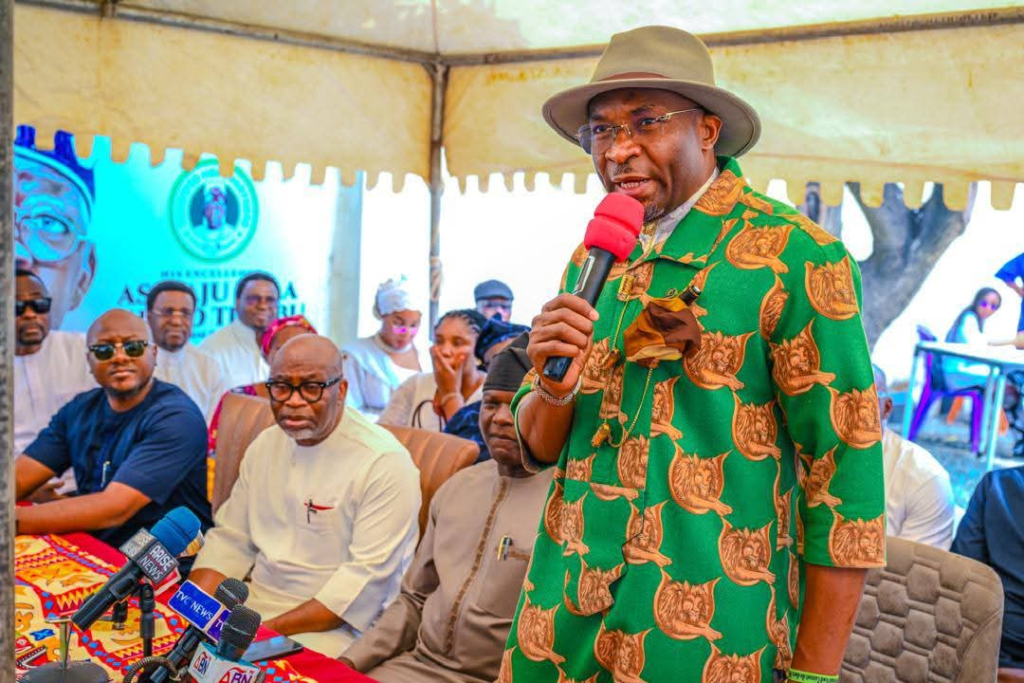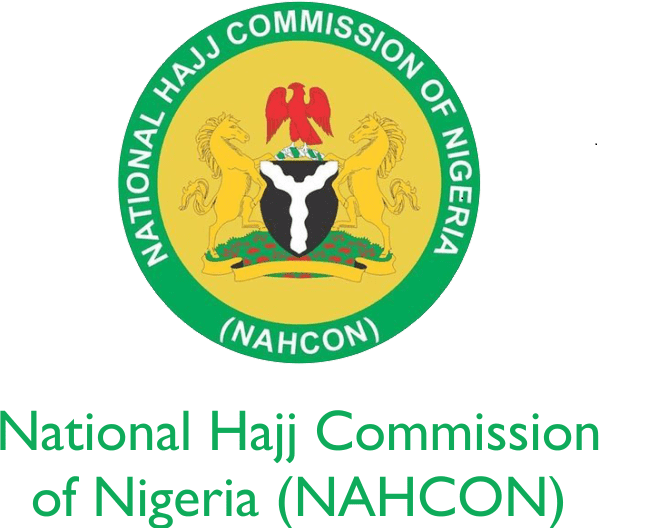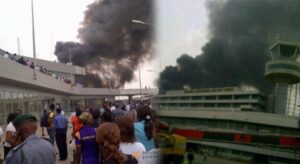The tariff of electricity is expected to rise by more than 40% in the coming days, which might eventually mean the end of all energy subsidy in this country.
The tariff increase which will take effect from July 1 could be another crucial test for the President Bola Ahmed Tinubu administration’s market reform considering the electricity sector still receives a monthly subsidy of roughly N50 billion due to a revenue shortage.
The administration has already removed subsidy for Premium Motor Spirit (PMS) and floated the naira, which are actions that have made it more difficult to fix prices for the 2022 Multi-Year Tariff Order (MYTO) of the Nigerian Electricity Regulatory Commission (NERC).
Although the power sector players have been unable to meet the threshold of supplying at least 5,000 megawatts a year after signing contracts with NERC, NERC’s current Service Based Tariff (SBT) was benchmarked on an exchange rate of N441/$ and inflation of 16.97 per cent.
Going by the NERC’s orders, in 2015, the average tariff across distribution companies (DisCos) and classes of end-users was N25 kilowatt, in order of 198/2020, which came into effect on September 1, 2020. The average tariff went to N60 per kilowatt; in the MYTO for 2022, the average tariff was N64 across classes of customers.
The foreign exchange rate used in determining the 2015 tariff was N198.97/$, N383.80/$ was used in 2020, while N441.78/$ was used in 2022. The inflation used in the 2015 MYTO was 8.3 per cent, 12 per cent was used in 2020 and 16.97 per cent in 2022.
Currently, the inflation rate is 22.41 per cent and some experts have projected that it would hit 30 per cent by the end of June given the floating of the naira and subsidy removal on PMS.
Coming as the metering gap remained at over seven million, gas prices, losses and actual generation capacity are other elements in determining the tariff.
While NERC’s projected tariff for July 2023 was expected to remove subsidy and increase the previously frozen tariff band D and E, increasing the bands from N54.59/kilowatt to N62.16 for band D and N48.37/kilowatt to N61.16 on average with an average increase across the bands moving to N67/kilowatt, the prevailing floating of the naira and spike in inflation is projected to move the new average tariff to about N88/kilowatt for the sector to recover the cost.
Majority of the stakeholders said that although the increase is unavoidable as a result of the modifications to the parameters, households and small businesses, which are supposed to drive the economy, may face serious issues with energy costs alone rising by over 70% as purchasing power remains a problem in the face of unemployment and poverty.
3,057.7MW from 17 power plants were available on the grid at the time this report was filed. The DisCos have been under pressure to fulfill 100% of their remittance requirements, and as a result, their combined average load intake over the last four months has been 3,000MW.
Ada Peter

